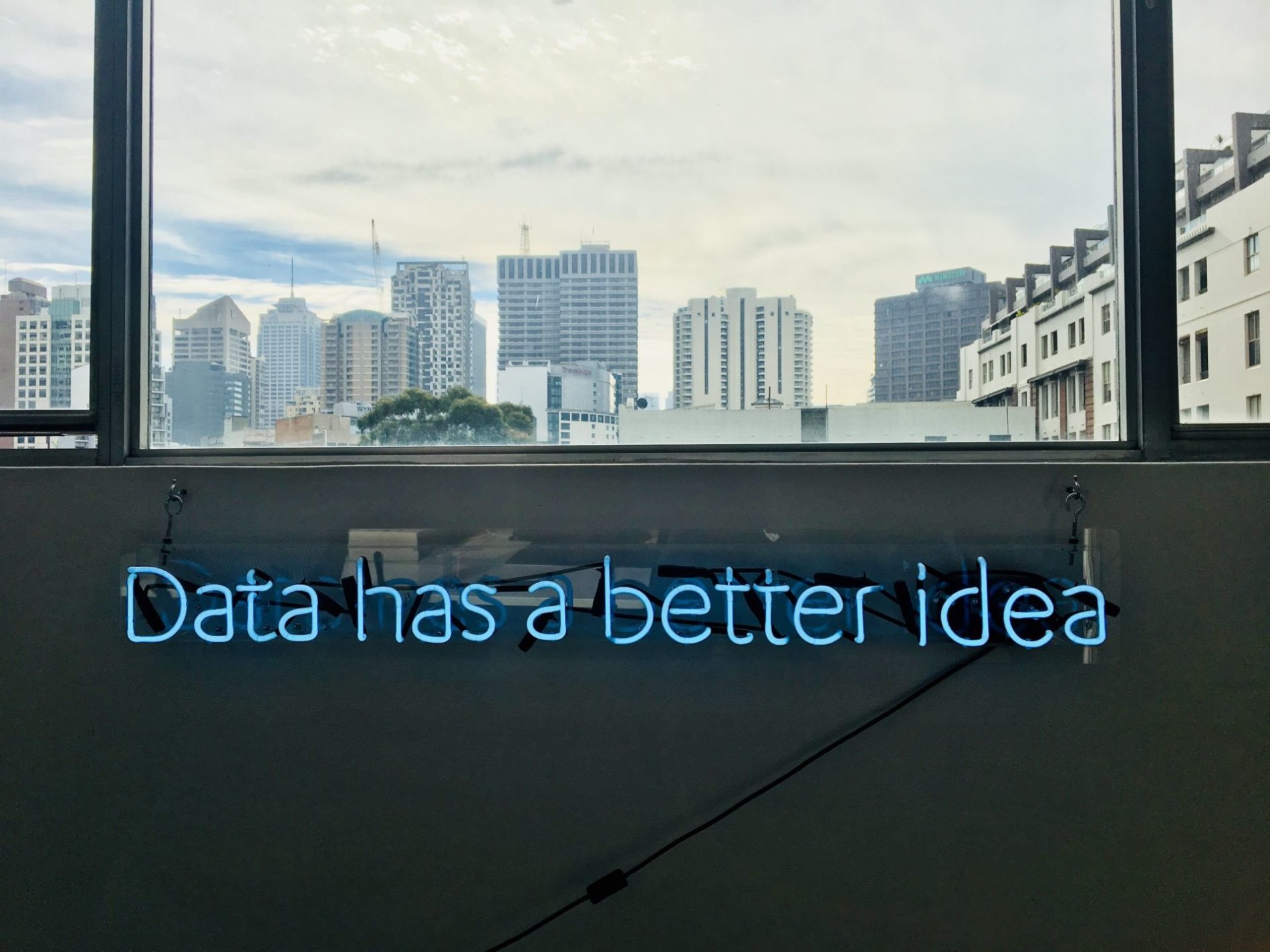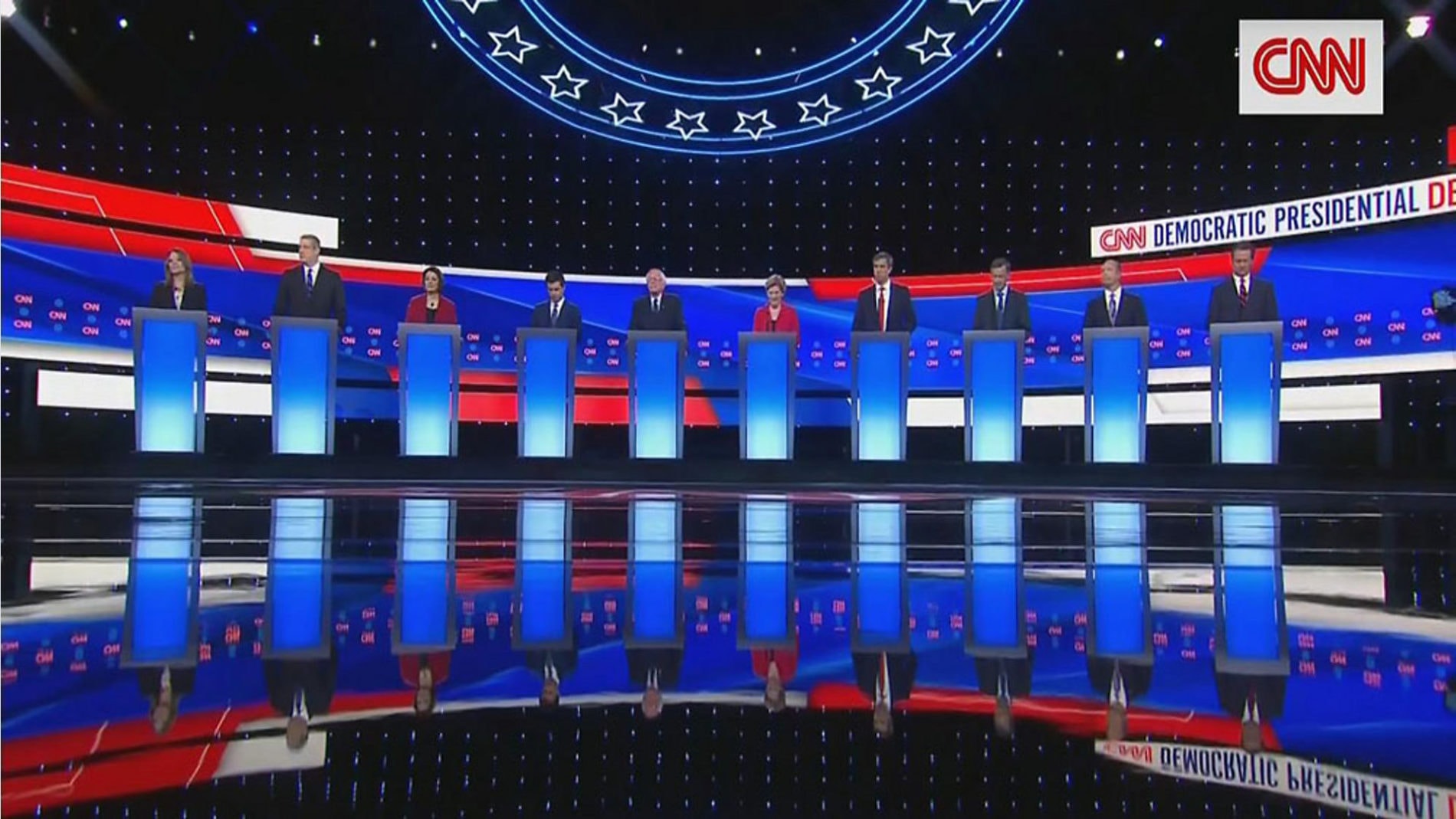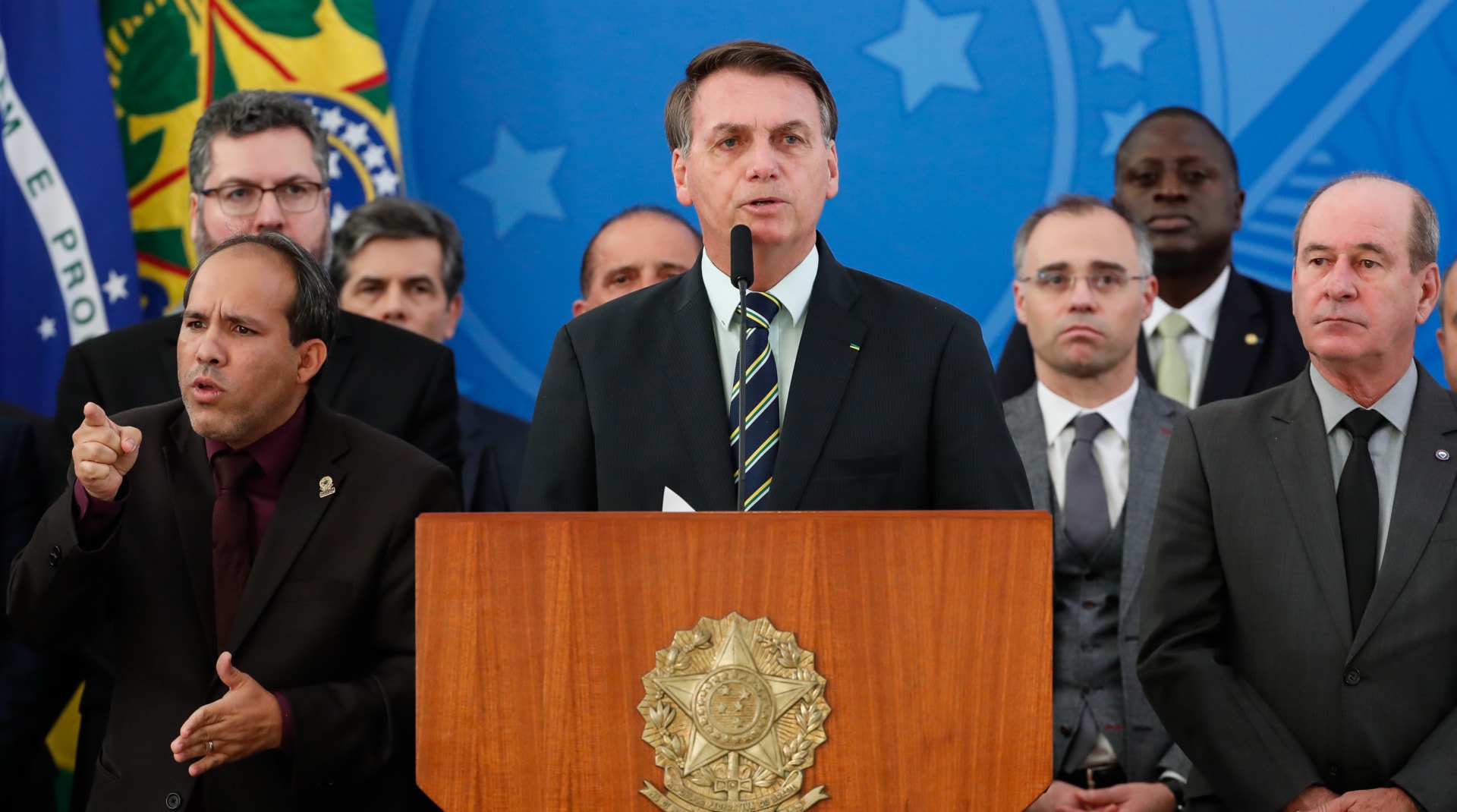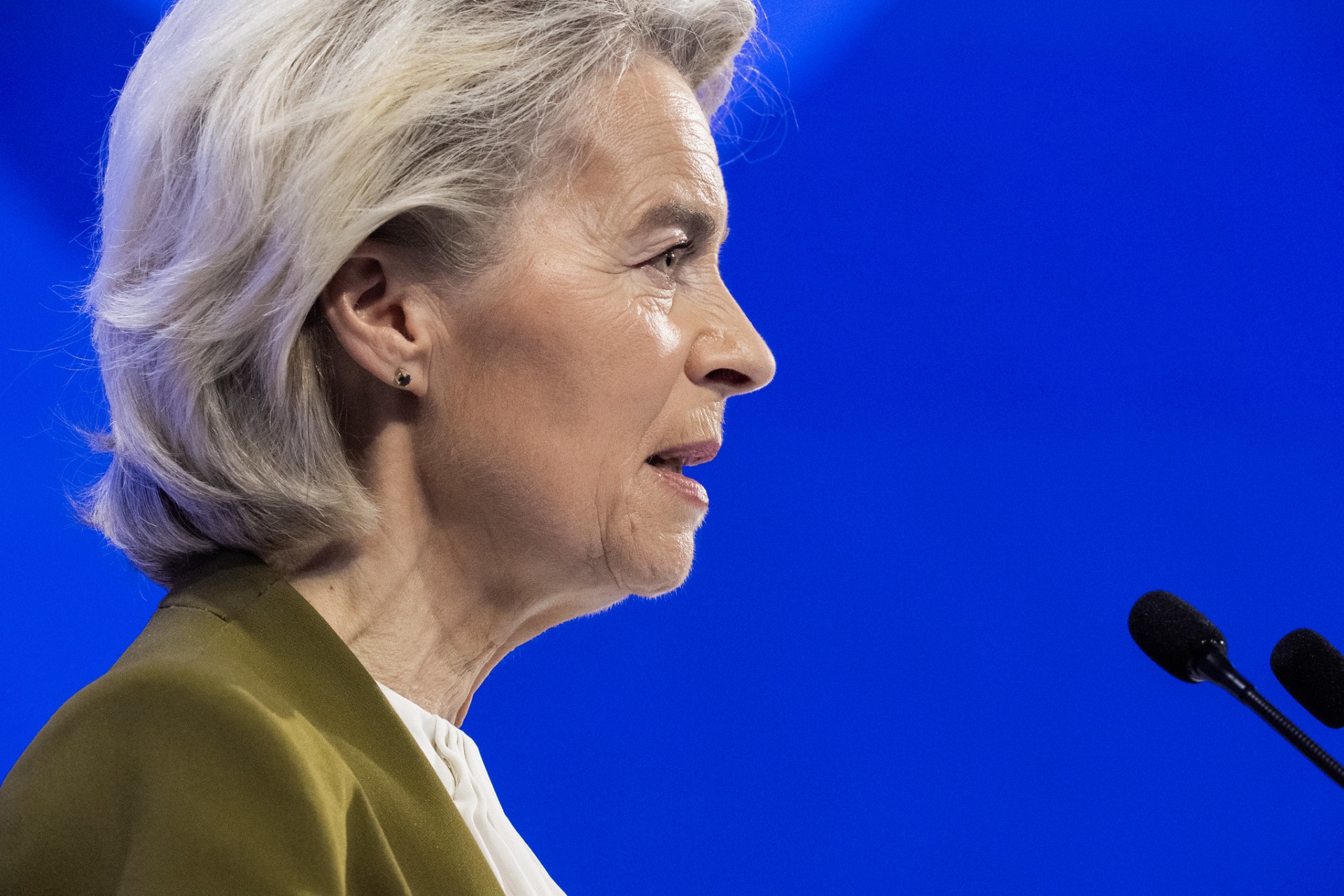We are no longer surprised to see President Trump’s tweets in which his hostility towards his political opponents and certain ethnic groups is evident. Even tweets that hold threatening messages of war to other nations are expected or those in which he declares commercial affronts to others.
Today, one doesn’t have to be an active member of any specific political movement to be branded as a radical liberal or conservative when expressing one’s economic and political opinions on social media or in real life. One’s position can be distorted easily when one is immediately excluded from the conversation for thinking differently. Without allowing for elaboration and enriching argument, we are polarizing each other.
As a result, we now avoid talking about political issues with friends, co-workers, and even within families, in order to not generate conflict. In any way we can, we avoid debate, factual arguments with scientific proof, and realities that exist beyond the news.
The development of technology and social media has allowed us to communicate with each other on a less personal level and to spread information that we don’t take the time to validate. Oftentimes, people share information because it aligns with their political position and use it to attack the opposition, even when they are unaware of the information’s legitimacy or lack thereof. Social media has become the perfect environment for the proliferation of fake news and misleading headlines which are used to generate confusion and ensure that lies are recorded in the social imaginary. The victims of fake news have to work extremely hard to deny what has been said, and oftentimes these rumors impact the reputations of victims even after they are disproven.

Our use of technology in the world today seems to indicate that we are imprisoned in the digital age. As a result, our freedoms of speech and privacy are in danger. Everything on the internet collects data and analyzes it to make the most of patterns of behavior. Above all, manipulating data is the new art of the century and simultaneously, a new form of surveillance.
On this matter, the author Byung-Chul Han, when comparing surveillance methods exercised over time, says that: “Digital surveillance is precisely more efficient because… It does not have the limitation that is typical of analog optics. Digital optics enable surveillance from all angles. Thus, [they] eliminate dead angles. From the analogical point of view, perspectivist can direct his gaze even towards the psyche.”
We cannot narrow our perspectives because debate is the center of democracy. Even after the period of death, destruction, and desolation caused by the two world wars, democracy still allows us to express our opinions and have arguments. However, even in “developed” countries, the freedom to debate has become less and less guaranteed. The disappearance of the art of debate is equivalent to the disappearance of books. If argument disappears, life as we know it does as well.

Debate and expression of thought has allowed us to improve life in society and examine our institutions and procedures in political, legal, and economics matters by allowing diverse voices to be part of the conversations. If we return to fact-based debate as the center of political and economic policy, we would be more able to understand the impact of excess intervention by modern states and technology on the distortion of markets and the functioning of the economy. This excess intervention has had and will continue to have serious consequences on short and long term levels of employment and productivity, which ultimately determine the total wealth of nations.
Editor’s Picks — Related Articles:
Containing Migration is a Mistake
Using Mobile Technology to Achieve the Sustainable Development Goals
Where Conflict Meets Cartoons: Animating the Middle East
From another perspective, it is clear that power struggles have existed, exist and will continue to exist. It’s through debate that it has been possible to sculpt a system that, far from being perfect, has somehow corrected a series of imbalances, although it is undeniable that it has deepened others. Without debate there is no political collaboration and no way to achieve a fairer system that acknowledges growing inequality. Without debate we are increasingly moving away from something close to justice.
As Zygmunt Bauman explains, “The fundamental strategy of each and every struggle for power consists of structuring the condition of the counter party. While it is ‘unstructured,’ that is, their own part is deregulated.” We fail even more by letting the “struggle” for power unravel. With the decline of debate, we are trivializing political activity and policy, which should be considered outside of liberal and conservative ideology. That is why we must not avoid debate, but rather encourage and cultivate discussion at all levels to make our democracy healthy. If there are no arguments and no will to debate, we will be left without the democratic foundation that allows us to keep moving forward.














